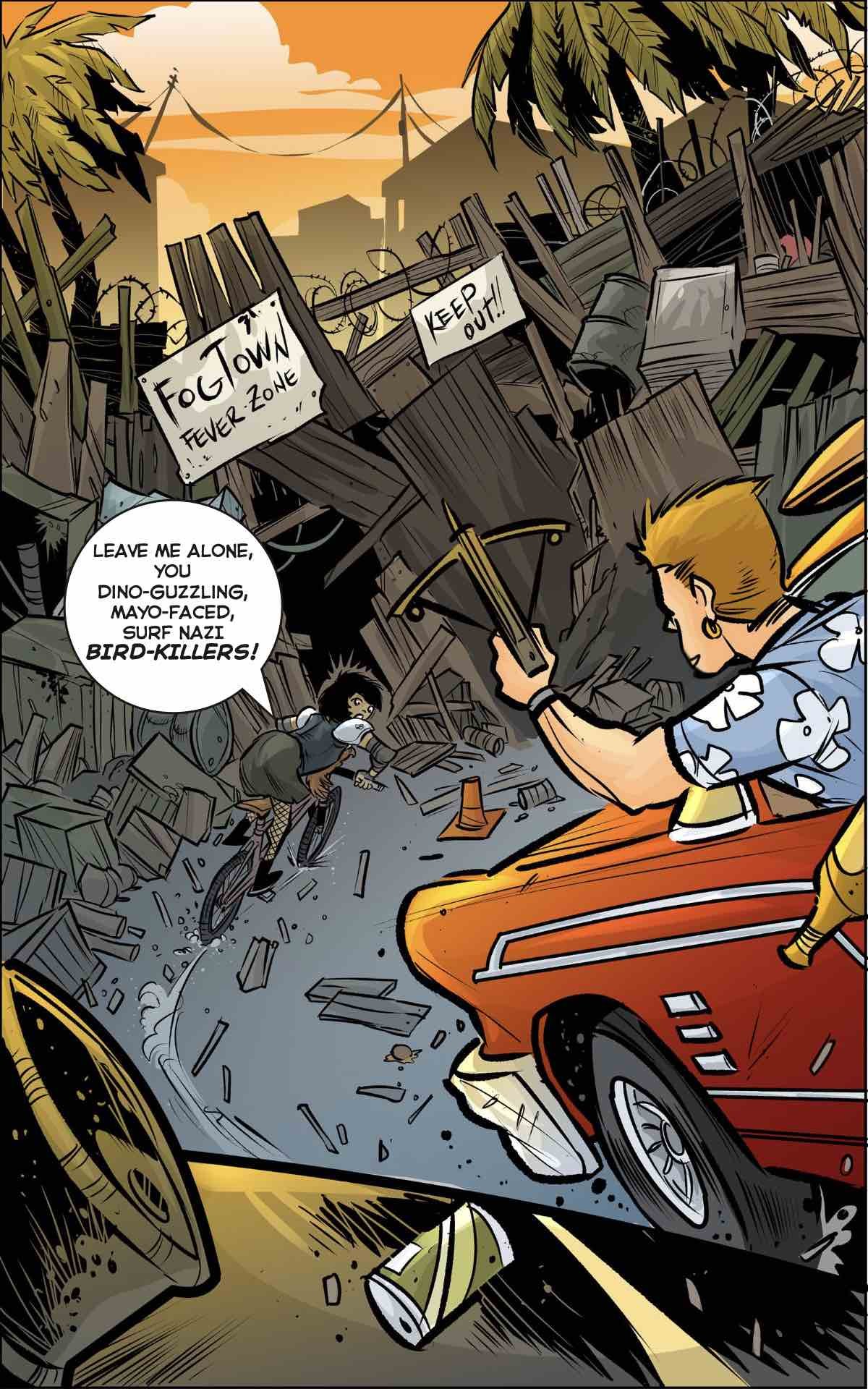
RICKY KEJ + Ari Gold
Ari Gold talks with Ricky Kej. Ricky Kej is a three-time Grammy-winning Indian composer, environmentalist, and UN Goodwill Ambassador, also known for his pioneering music made to awaken environmental consciousness.
ARI: I loved “My Earth Songs.” It’s for children, and it’s got a “deep teaching” purpose. How did it come to fruition?
RICKY: I don't make music for children normally. But if one is to create a more environmentally conscious society, we have to start with them. Two close friends of mine came together to do these songs about sustainability, environment, responsible living, poverty, hunger, protecting life, land, all of this stuff. And the songs are fun. It's not doom and gloom. It's not about shaming people into action. It's all about positivity. And the music can be learned on a single listen. We distributed the songs through the Indian educational curriculum. We're hoping to hit about 20 million textbooks by the end of this year, and then double that to about 40 or 45 million textbooks by next year. And we study its effects on people’s choices - this is key. To measure its influence.
ARI: You’re quite an inspiration for how to use art to activate people. I remember when I first heard about Shanti Samsara - a collaborative album about the earth. What a project… How did that come about?
RICKY: After I'd won my first Grammy in 2015, Prime Minister Narendra Modi invited me for a meeting. We discussed my environmental work, my work with the United Nations as their Goodwill Ambassador. He mentioned he was going to be visiting the Paris Climate Change Conference. With 193 world leaders uniting around a single platform, we realized, “Okay, here's an opportunity to create some music.” I still perform songs from that album regularly in my concerts.
ARI: What a great way to wake people up - from the heart first.
RICKY: Yes, we have to live in harmony with the elements of nature. The water we drink, the air we breathe, the land we walk on. It’s about responsible living, not subscribing to fast-fashion, reducing consumption of meat, reducing our consumption of the use-and-throw economy. We need a circular economy: reusing, upscaling items, things like that. These are basic tenets that one should practice, irrespective of whether you believe in climate change.
ARI: Instead of saying “believe” in climate change I think we should just use the word “understand,” because “believe” implies that’s it’s a faith, not a science.
RICKY: Well yes, with every country it’s different, for example in India, climate change is absolute science, as it is in any European country, or any African nation. Only in America is climate change looked upon like a religion, and America is absolutely unique in this particular issue, where it's something that either you “believe in,” whereas in every other country in the world, it is just fact. So one has to navigate concerts in America differently, because you know, if you believe, then you're a Democrat, if you do not, you're a Republican. So one has to navigate these issues very carefully, rather than drive people out. Of course, we know know through science that true coexistence, and maintaining this delicate balance of nature, is key to our survival as the human species. We keep talking about saving the planet. It's absolute nonsense. What we are doing is making a planet where we cannot survive.
ARI: The irony of history is that the dominant culture displaced the very people who practiced these principles of reverence, respect, and preservation. You work with Indigenous peoples in India, and abroad, correct?
RICKY: I constantly collaborate with them on music. A lot of the indigenous groups, the tribal groups, especially in India, have songs that have been passed down orally. I made a documentary called Who is Baul. It’s about a 1,000-year-old tradition. This group of people decided over 1,000 years ago that their pathway to God would be through music. Not through a priest, not through a middle person. Their songs are largely about nature, and it's largely about how nature is so abundant, and so forgiving and giving.
ARI: Okay, but how do you parlay these ideas to the ones coming out for a simple concert experience?
RICKY: So there are two aspects to this. One is that when it comes to concerts, and even recorded music in general, the art itself has to be absolutely fantastic, number one… And number two is that it has to be very entertaining. That is something that I do not lose focus on. It has to get everyone to sing along with us, and get everyone to dance along with us, irrespective of their thoughts on the environment, or on their thoughts or ideologies on climate change.
ARI: Yes, that’s the key.
RICKY: This year for example, we had 85,000 people in one concert. Everybody is thoroughly entertained, and they've got something to think about when they go back home. The idea being that whatever we do, whatever actions we take, they matter. Once we fully understand that our actions have consequences, then we will be able to bring about change. I believe that music is that powerful entity that can inspire people from being merely aware of problems, to actually taking concrete actions within their own lives.